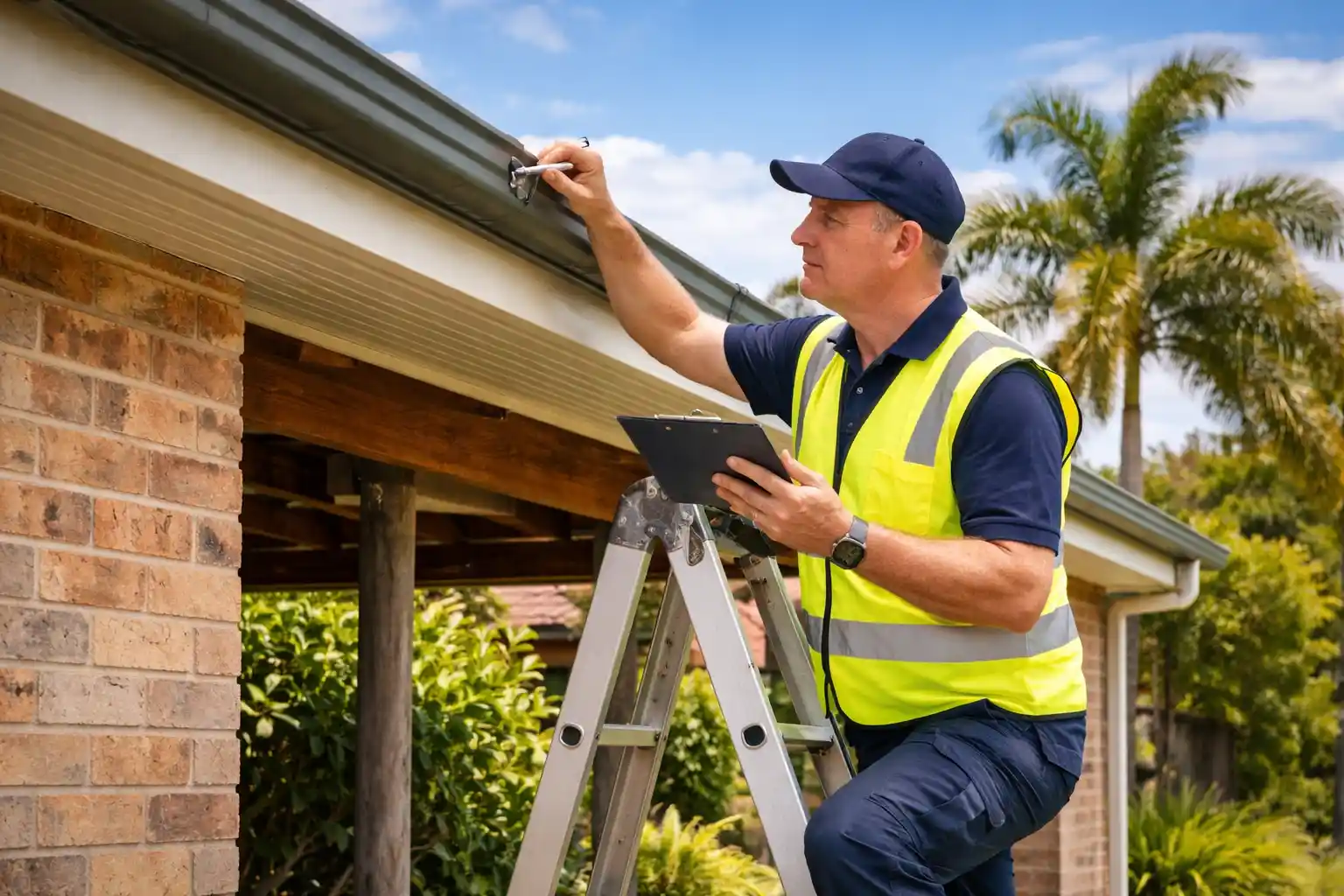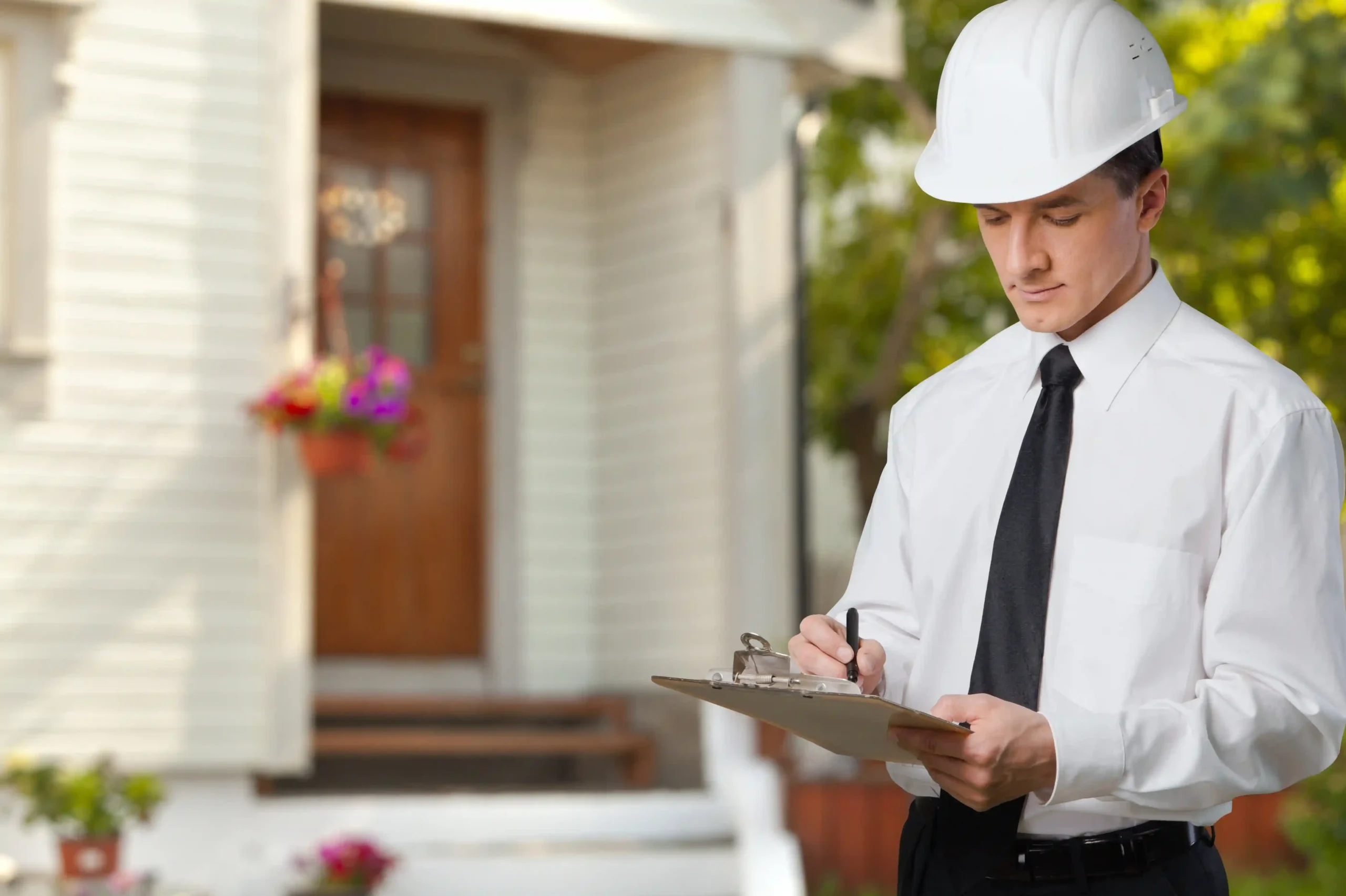Buying or selling a home is one of the biggest financial decisions you can make. Whether it’s your first purchase or an investment property, knowing the true condition of the building is crucial. That’s where a Certified House Inspector in Rockhampton plays an essential role. This professional ensures that every corner of your home—from the roof to the foundation—is thoroughly checked for safety, compliance, and value.
In this article, we’ll explore how a Certified House Inspector operates in Rockhampton, the inspection process, tools used, reporting standards, and why this step can save you from costly surprises.
1. What Is a Certified House Inspector?
A Certified House Inspector is a trained professional who evaluates the condition of a residential property. Their role involves conducting detailed inspections to identify structural defects, safety hazards, pest issues, moisture problems, and code violations.
In Rockhampton, certified inspectors often undergo training and accreditation through organizations such as the Master Inspectors Association of Australia or the Housing Industry Association (HIA). This certification ensures they follow strict guidelines and ethical standards during the inspection process.
By hiring a Certified House Inspector, home buyers and sellers gain confidence that the property’s condition has been evaluated objectively and thoroughly.
2. Why Home Inspections Matter in Rockhampton
Rockhampton’s climate, building styles, and environmental conditions make home inspections especially valuable. The region’s tropical weather can cause specific issues such as:
-
Moisture damage from humidity or heavy rain
-
Termite activity due to warm conditions
-
Roof corrosion in coastal areas
-
Foundation movement from reactive clay soils
A Certified House Inspector understands these local factors. Their experience allows them to detect hidden issues that a general buyer might overlook.
Regular inspections are not only important for buyers but also for homeowners wanting to maintain the longevity and safety of their property.
3. The Step-by-Step Process of a Certified House Inspector
a. Pre-Inspection Preparation
Before the inspection, the Certified House Inspector reviews the property details—such as age, layout, and materials. They often communicate with the real estate agent or owner to arrange access to all key areas, including attics, crawl spaces, and electrical panels.
b. Visual Examination
The inspection begins with a visual review of both the interior and exterior of the house. This includes walls, ceilings, floors, doors, windows, and roofing systems. The inspector checks for cracks, water stains, uneven flooring, and other signs of structural movement or deterioration.
c. System Evaluation
The Certified House Inspector also tests major systems:
-
Electrical wiring and outlets
-
Plumbing and drainage
-
Heating, ventilation, and air conditioning (HVAC)
-
Hot water systems and appliances
Each element is inspected to ensure functionality, safety, and compliance with building codes.
d. Moisture and Pest Detection
Given Rockhampton’s climate, moisture and pest checks are essential. Inspectors often use thermal imaging cameras or moisture meters to locate dampness behind walls or under floors. They also look for signs of termite activity, which can seriously compromise timber structures.
e. Roof and Foundation Assessment
The roof and foundation form the backbone of any home. A Certified House Inspector examines roofing materials, gutters, flashing, and drainage systems for leaks or corrosion. The foundation is checked for cracking or movement that could affect the property’s stability.
f. Detailed Reporting
After completing the physical inspection, the Certified House Inspector prepares a comprehensive report. This document usually includes:
-
Photographic evidence
-
Descriptions of observed defects
-
Severity ratings
-
Recommended repairs or specialist evaluations
These reports help buyers negotiate repairs or adjustments before settlement.
4. Tools and Technology Used by Inspectors
Modern Certified House Inspectors rely on advanced tools to deliver accurate results. Common instruments include:
-
Thermal Imaging Cameras: Detect hidden moisture and insulation issues.
-
Moisture Meters: Identify leaks or humidity buildup.
-
Electrical Testers: Ensure circuits are safe and functional.
-
Borescopes: Allow viewing inside walls and small cavities.
-
Drones: Capture aerial images of roofing and property exteriors.
Using these technologies, inspectors in Rockhampton can uncover problems invisible to the naked eye, helping clients make better-informed decisions.
5. Standards and Ethics of Certified House Inspectors
Every Certified House Inspector in Rockhampton follows a professional code of conduct. They are expected to act impartially, maintain confidentiality, and provide reports that are factual and unbiased.
Inspection standards typically align with the Australian Standard AS 4349.1-2007, which defines the minimum requirements for residential building inspections. This ensures consistency, accuracy, and reliability in the reporting process.
6. Common Issues Found in Rockhampton Homes
Through years of local experience, Certified House Inspectors have identified common defects that frequently occur in the region:
-
Cracked or uneven foundations due to soil movement
-
Rusted roof sheeting in coastal suburbs
-
Insufficient ventilation in older Queenslander-style homes
-
Faulty electrical systems from outdated wiring
-
Termite damage in wooden frames and decks
Recognizing these recurring issues allows inspectors to focus on problem areas that might impact a home’s long-term value and safety.
7. The Cost of Hiring a Certified House Inspector
The cost of hiring a Certified House Inspector in Rockhampton varies based on property size, age, and location. On average, inspection fees range between $400 and $800, depending on the complexity of the job.
While this may seem like an added expense, it’s a small investment compared to the potential cost of major structural repairs that could reach thousands of dollars.
8. How to Choose the Right Inspector
When selecting a Certified House Inspector, look for the following credentials:
-
Valid certification or membership in a recognized body
-
Professional indemnity and public liability insurance
-
Sample reports showing attention to detail
-
Positive client reviews and references
It’s also wise to verify their local experience. Inspectors familiar with Rockhampton’s housing market can better assess how regional conditions affect property integrity.
9. Interpreting the Inspection Report
A detailed report from a Certified House Inspector can seem overwhelming at first glance. However, understanding it is key to making informed decisions. Look for three main sections:
-
Summary of Major Defects: Urgent repairs or safety hazards.
-
Minor Defects: Maintenance issues that can be scheduled later.
-
Recommendations: Guidance on specialist follow-up inspections or quotes.
If you need clarification, most inspectors are happy to discuss findings and explain technical terms. Their goal is to ensure you fully understand the condition of the property before finalizing your purchase.
10. Building Confidence Through Independent Expertise
A Certified House Inspector acts as an independent expert, not influenced by agents or sellers. Their objective assessment builds transparency and confidence in real estate transactions.
Midway through your decision-making process, it’s beneficial to review reliable resources such as the Australian Government’s guide to home building and inspections available via YourHome.gov.au — a high-authority source that explains building standards and sustainability practices.
By combining this knowledge with insights from a Certified House Inspector, you can make better choices about repairs, investments, and negotiations.
11. Post-Inspection Actions
After receiving the inspection report, buyers and sellers can take several actions:
-
For buyers: Negotiate price reductions or request repairs.
-
For sellers: Fix issues before listing to boost market value.
-
For homeowners: Schedule maintenance to prevent future damage.
Following the guidance of a Certified House Inspector ensures your property remains safe, compliant, and well-maintained for years to come.
12. Final Thoughts
The role of a Certified House Inspector in Rockhampton is far more than just identifying visible flaws. It’s about ensuring every property meets safety standards, withstands local environmental conditions, and retains long-term value.
Whether you’re buying, selling, or simply maintaining a home, engaging a Certified House Inspector provides peace of mind and clarity. Their expertise helps you protect your investment, avoid unexpected expenses, and make decisions based on solid evidence rather than assumptions.
In a growing region like Rockhampton—where property values continue to evolve—professional home inspections are not just recommended, they’re essential.



